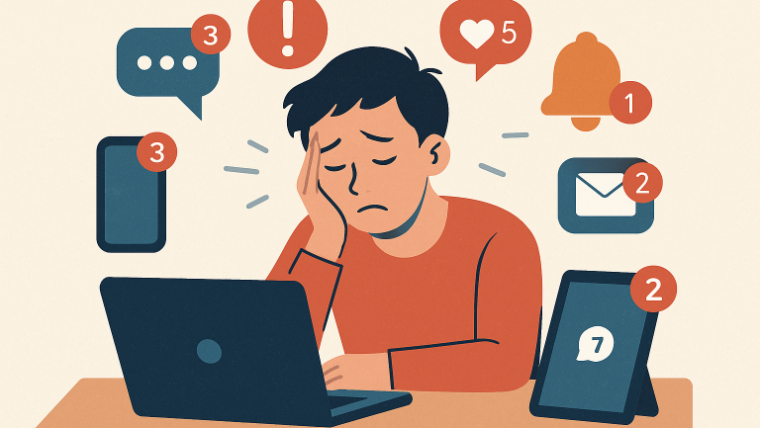Table of Contents
Drug addiction is a serious issue that affects millions of people around the world. It is not simply a matter of bad habits or lack of willpower; it is a medical condition that alters the brain, affects behavior, and can lead to severe physical, emotional, and social consequences. People struggling with addiction often find it difficult to maintain relationships, perform at work, or engage in everyday responsibilities. Understanding the dangers of drug addiction and the benefits of seeking professional help can make the difference between a life trapped in cycles of dependency and one of recovery and freedom.
How Addiction Impacts Mental Health
Drug addiction profoundly changes the way the brain functions, particularly in areas responsible for reward, motivation, and decision-making. Repeated substance use can lead to chemical imbalances that make it difficult for a person to experience pleasure naturally. Anxiety, depression, and mood swings are common among individuals struggling with addiction. One of the most dangerous effects is the impairment of judgment. People under the influence of drugs may make choices they would never consider while sober, putting themselves and others at risk. Accessing addiction therapy programs can provide strategies and structured support to regain control over decision-making. This helps individuals recognize harmful patterns and make healthier choices.
Physical Consequences of Drug Abuse
The physical toll of addiction extends far beyond immediate effects like intoxication. Long-term substance use can damage vital organs such as the liver, heart, and lungs, and increase susceptibility to chronic illnesses and infections. Overdose remains a persistent threat for many users, with the potential to result in permanent disability or death. Even moderate use over time can weaken the immune system, disrupt sleep patterns, and cause irreversible neurological damage. Recognizing these risks is crucial for anyone struggling with substance use, as early intervention often prevents long-term harm and significantly improves recovery outcomes.
The Social Impact of Addiction
Addiction does not only affect the individual; it also reshapes relationships with family, friends, and colleagues. Trust can erode quickly when behaviors associated with substance abuse become unpredictable or dangerous. Isolation often follows, as the individual may withdraw to hide their habits or because their social circle distances itself. The strain on personal connections can lead to increased stress, which often perpetuates the cycle of drug use. Rebuilding these relationships requires commitment and structured guidance, which is where professional support and therapy play a critical role in restoring communication, respect, and stability in daily interactions.
Addiction and Employment Challenges

Maintaining steady employment becomes increasingly difficult when addiction takes hold. Substance abuse can impair focus, productivity, and reliability, leading to disciplinary actions, job loss, or missed career opportunities. Employers may notice behavioral changes, absenteeism, or reduced performance, which can affect long-term professional prospects. Recovery programs often include vocational support, providing skills training and counseling to help individuals reintegrate into the workforce and regain confidence in their professional abilities. Addressing addiction early is key to preventing long-lasting economic and career-related consequences.
Legal and Financial Risks
Drug addiction can also have serious legal and financial ramifications. Engaging in illegal activities to obtain substances or using drugs in restricted areas can result in arrests, fines, and imprisonment. The cost of purchasing drugs, along with potential medical bills or legal fees, can lead to financial instability. Many people with addiction experience a cycle of debt and stress that worsens their overall well-being. Seeking help through treatment programs not only addresses the physical and psychological aspects of addiction but can also provide resources for financial counseling and legal guidance, offering a pathway to regain control over one’s life and stability.
Strategies for Recovery and Support
Recovery from addiction is a challenging journey, but it is possible with the right support and resources. Programs often include therapy sessions, group support, medical supervision, and personalized plans to address both the physical and psychological dimensions of substance use. Creating a supportive environment is crucial, whether through family involvement, community resources, or professional counselors. Building coping skills, stress management techniques, and healthy routines can significantly reduce the likelihood of relapse. Seeking professional help is not a sign of weakness but a proactive step toward reclaiming health, stability, and hope for the future.
The path to overcoming drug addiction requires courage, patience, and a willingness to confront difficult truths. The risks associated with substance abuse are extensive, affecting mental and physical health, relationships, employment, and financial security. Reaching out for professional guidance, whether through therapy programs, counseling, or medical support, can help individuals regain control and embark on a journey toward lasting recovery. Taking action today increases the chances of breaking free from the cycles of addiction and building a life marked by health, purpose, and personal growth.



